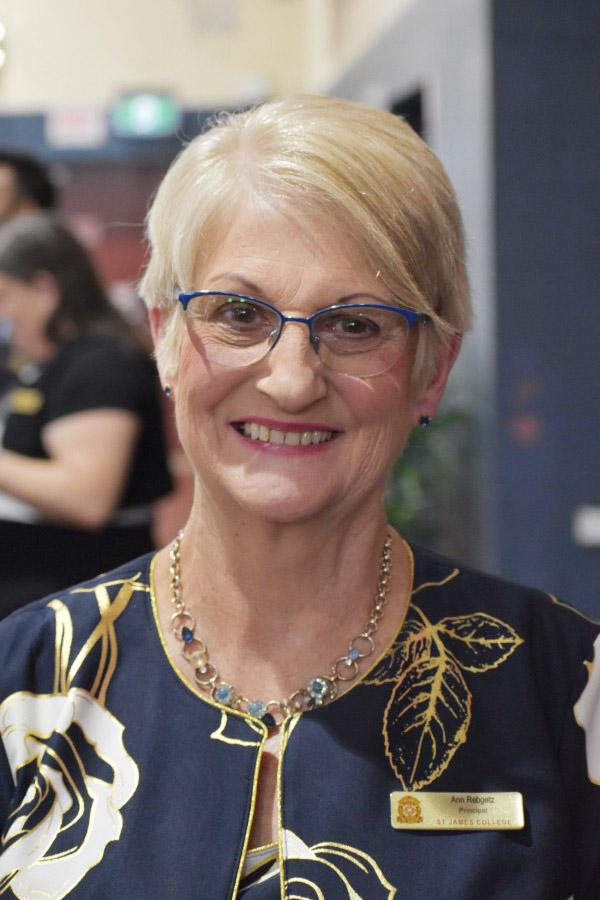National Catholic education executive director Jacinta Collins addressed the Senate Select Committee hearing on the Cost of Living today highlighting the impacts on Catholic school communities and relief for families.
Ms Collins said there are specific challenges for Catholic and other non-government school families who are expected to make a contribution to their children’s education, with families in public schools asked to only make a voluntary contribution.
“Our families are expected to make a contribution towards their children’s education which is income-tested through the Capacity to Contribute measure,” Ms Collins said. “This means non-government schools only receive a portion of the Schooling Resource Standard.
“For Catholic schools, government funding made up 74 per cent of educational costs with around $4 billion in after-tax dollars from parent contributions.
“Catholic school families also contribute nearly 90 per cent of the costs required to support school buildings and other capital works in Catholic schools or around $2 billion.
With increasing cost of living pressures, Ms Collins said Catholic schools and systems are taking a range of measures to relieve the burden on families, with many being long-standing arrangements.
“To combat the financial burden on families, we have a range of measures including sibling discounts, automatic fee reductions for Health Care Card holders, fee relief for financial hardship, scholarships and bursaries,” Ms Collins said.
“As an example, in one of our state systems over 40 per cent of students received some form of fee concession or relief measures.
“Catholic Education in South Australia, as another example, has frozen their school fees for three consecutive years.
“While these measures help to relieve some pressure on families, it is carried by the school community, which goes unrecognised in assessments of government funding.”
Some of the concerns raised to the Senate Select Committee included:
- Maintaining appropriate indexation on school funding
- Taking a sector-neutral approach to funding and support for programs addressing the national teacher shortage crisis and disadvantaged communities
- Capital support for non-government schools to build and maintain school and early learning infrastructure with Catholic schools only receiving around 11% government funding against a backdrop of increased land and construction costs.
“Recently the Productivity Commission canvased the removal of the deductible gift recipient (DGR) status for faith-based schools which would have a dire effect on the ability of our school communities to raise funds for school infrastructure,” Ms Collins said.
“This would further impact on the educational opportunities of families who seek a Catholic education in their local area, as well as create increased challenges for Catholic schools to maintain and renew ageing infrastructure or facilities to provide a contemporary and fit-for-purpose learning environment for our students.”
Ms Collins acknowledged the commitment of successive governments, both Labor and the Coalition, in their ongoing support for Catholic schools.
Also appearing at the public hearing representing Catholic education was past president of the Australian Catholic Secondary Principals Association Ann Rebgetz.
Ms Rebgetz said secondary school access and equity are crucial to societal outcomes.

“As Catholic secondary principals we are at the heart of family stories and are constantly challenged to support those in need – we need to all work together on this for greater societal outcomes.
“Catholic secondary schools are renowned for their diverse pathways and providing a bridge to the equity gap.
“Cost of living has an enormous impact on educational provision so support of resourcing by government is crucial to enable all to benefit.”
Catholic education is the largest provider of education in Australia outside of government, enrolling one in five, or nearly 794,000 students, and employing over 104,500 staff. Around 40 per cent of Catholic schools are located in regional, rural and remote areas, and 41 per cent of students are funded for disadvantage.
